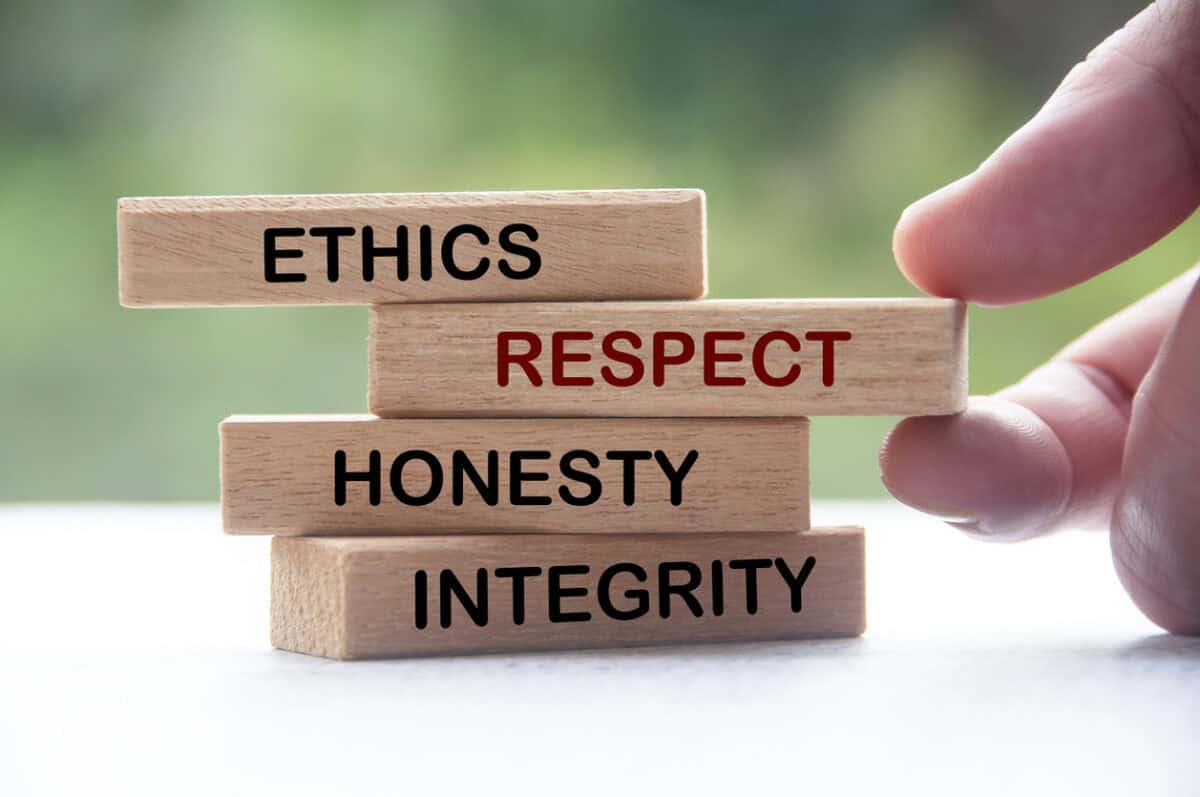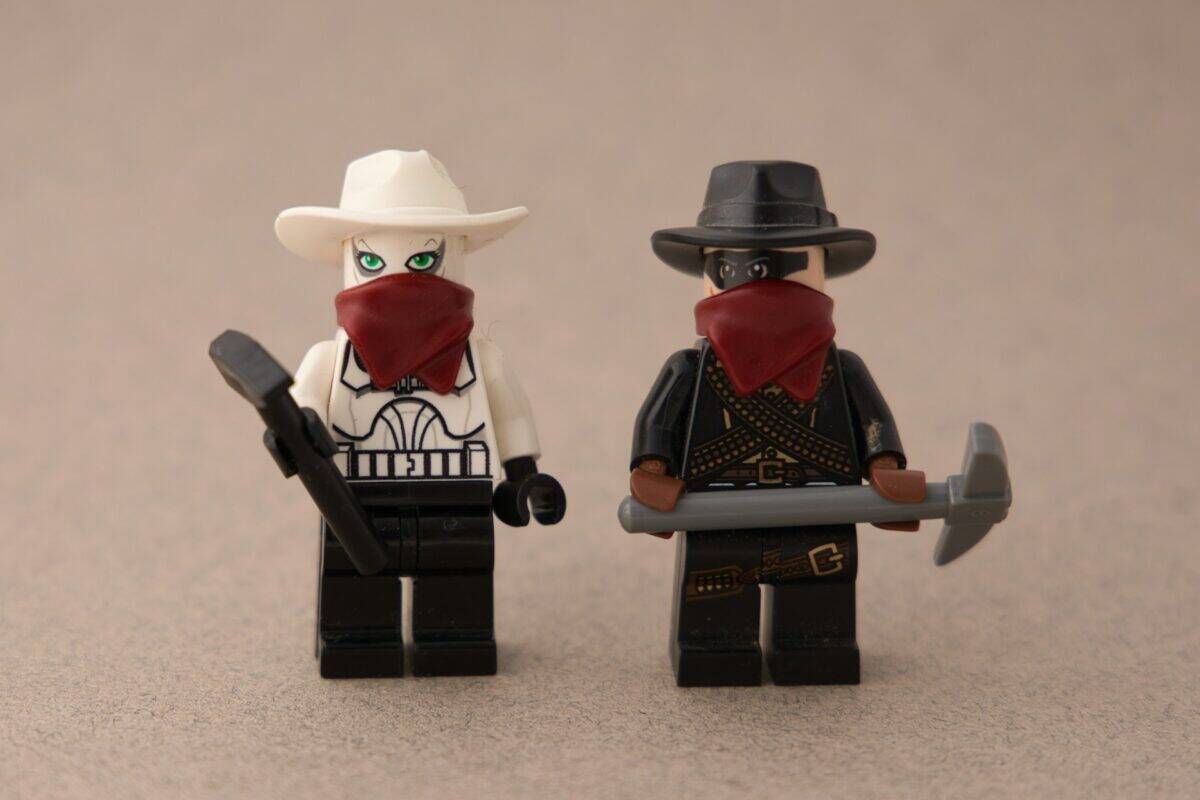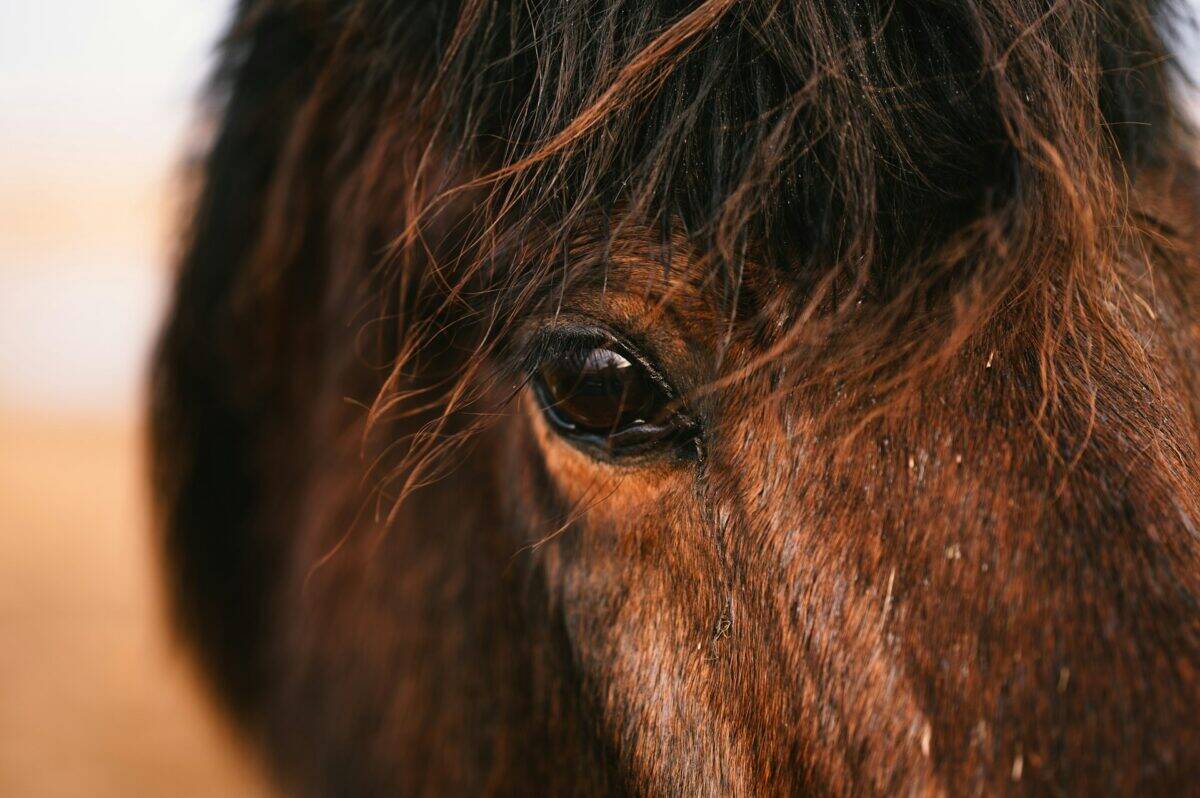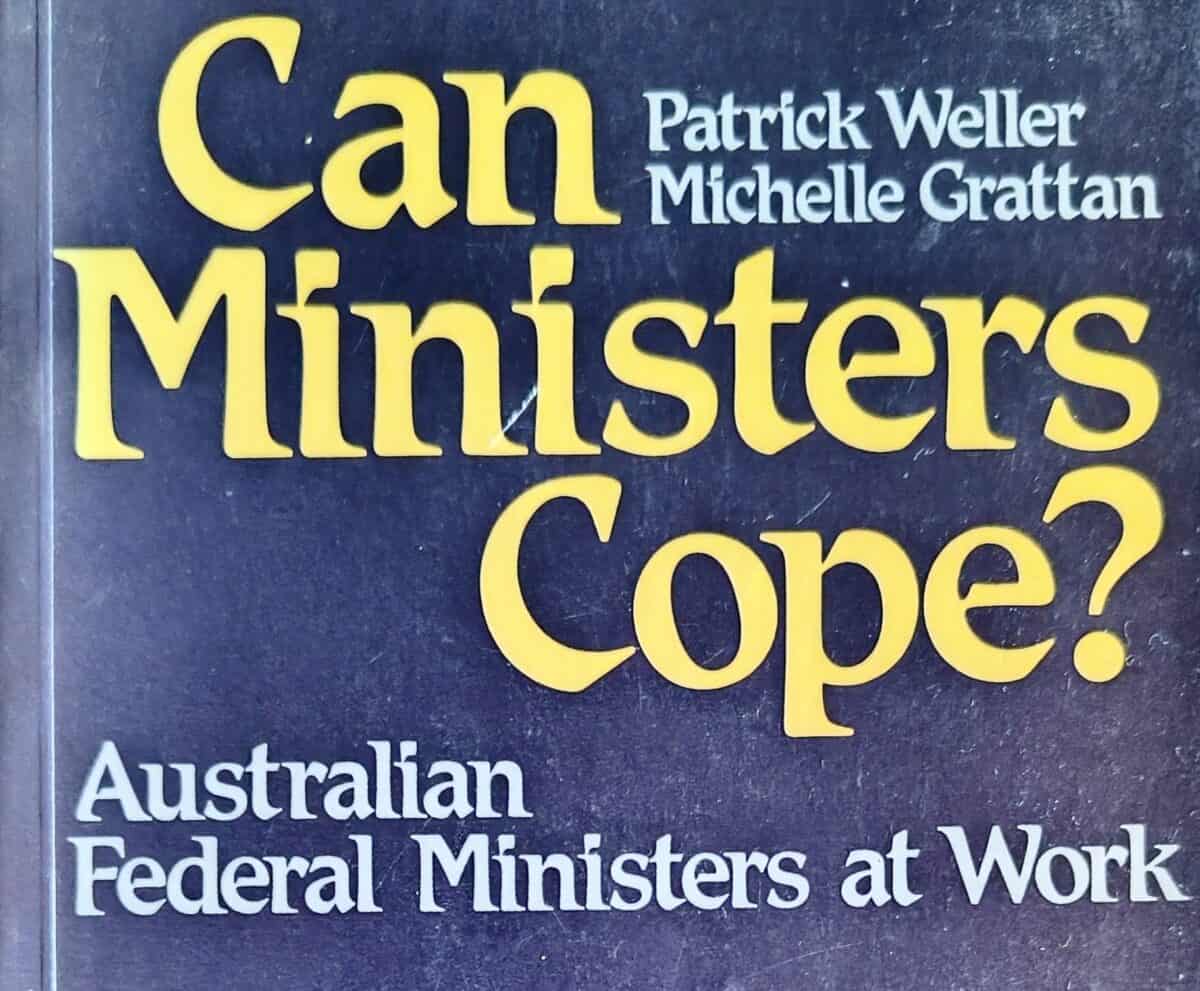That sex work is a legitimate occupation is far less contentious in Australia than in the past, but the reality still requires reinforcement every so often, and we can all learn things from this industry.
On October 23, 2025, Greens Member of Parliament, Abigail Boyd, asked the New South Wales Parliament to recognise
Continue reading “Sex Work in the New South Wales Parliament”






